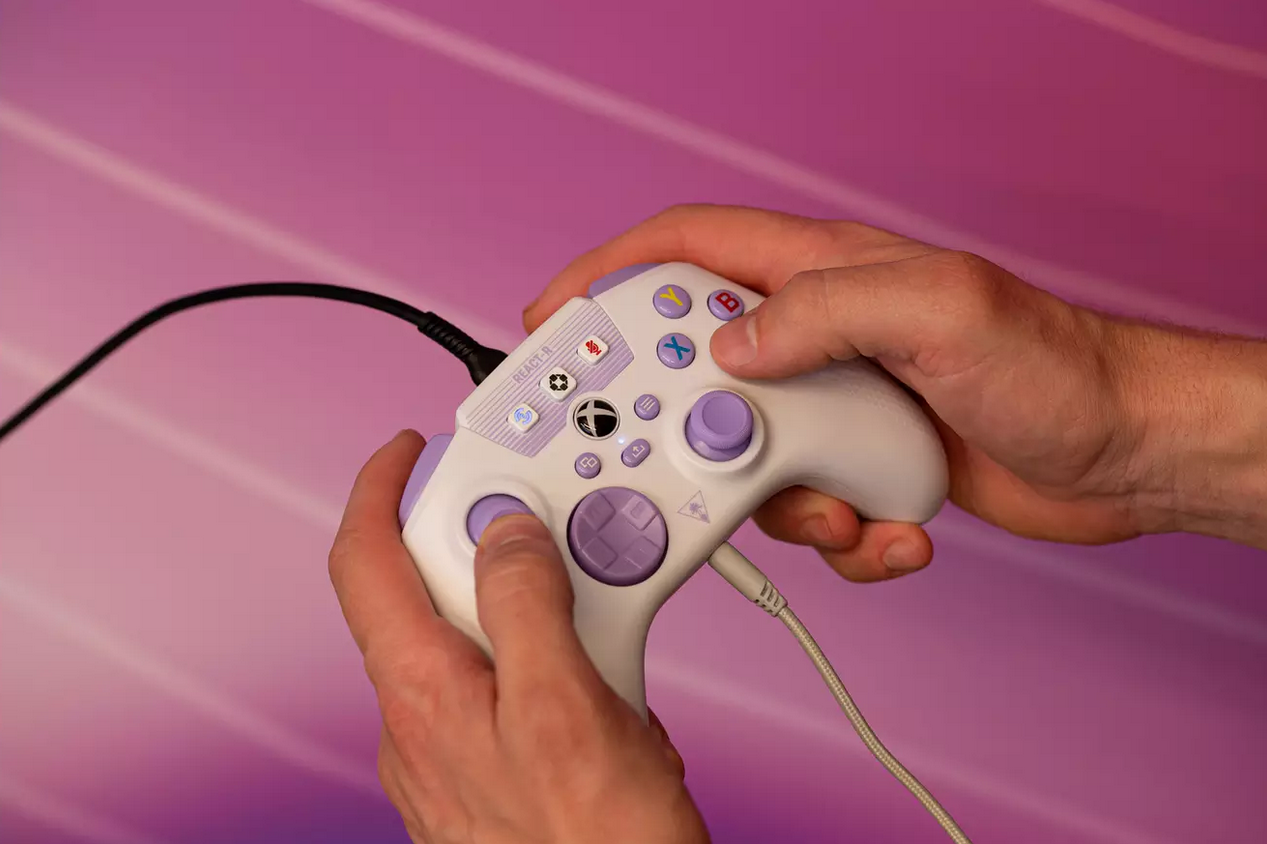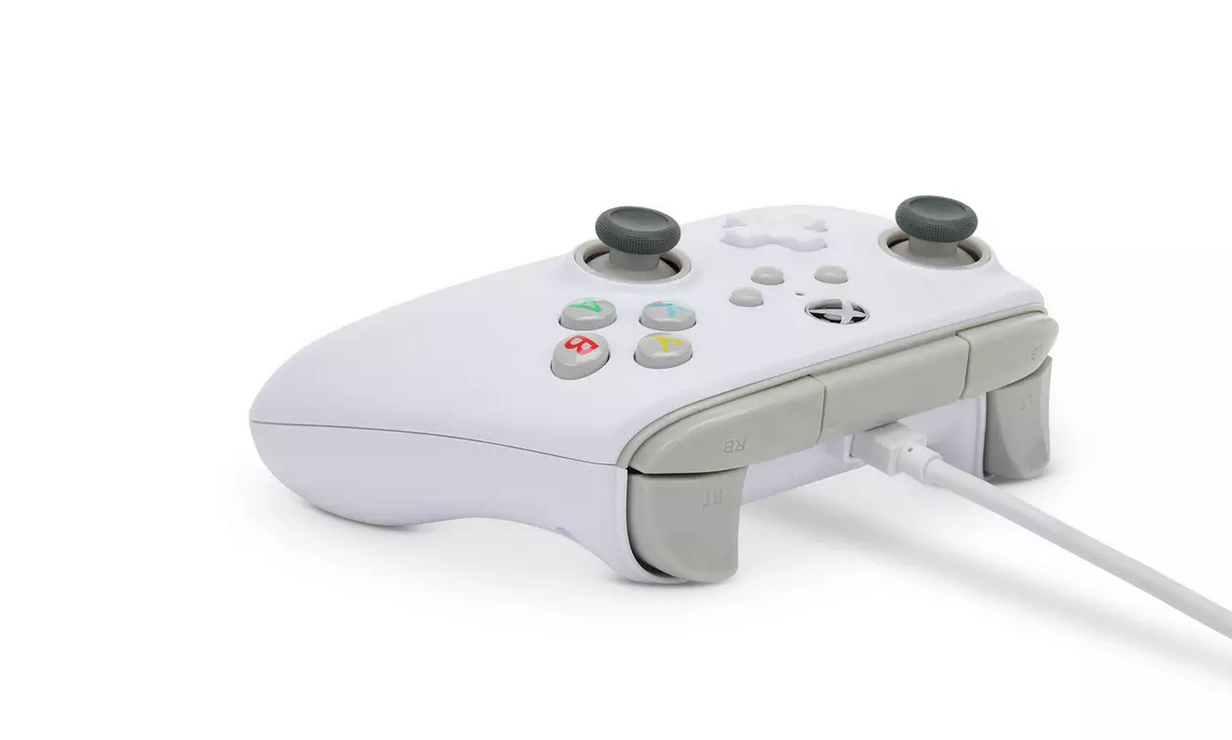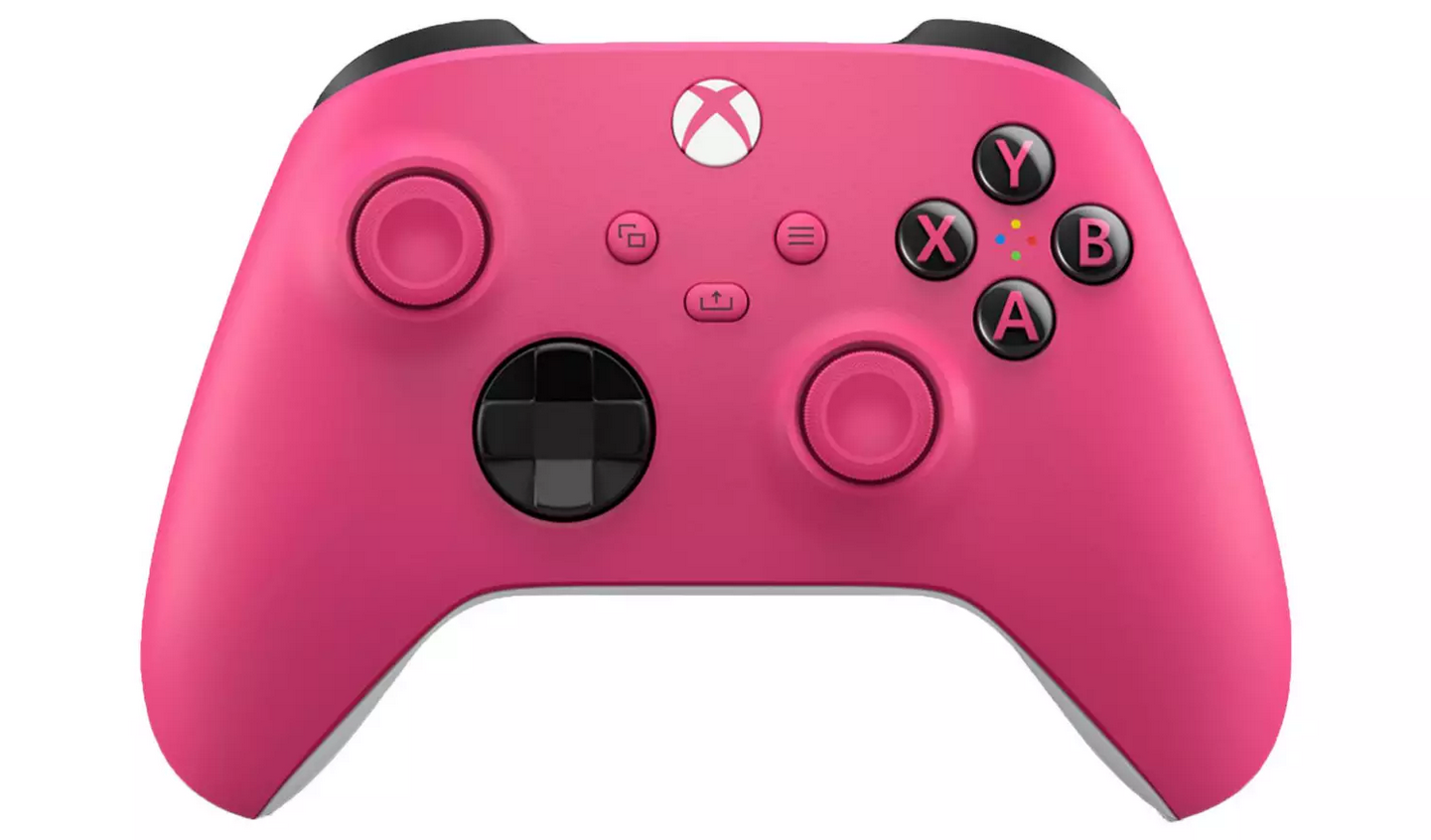
In the world of gaming, controllers quite literally control our gaming experience. When it comes to choosing a controller, one of the key decisions is whether to go for a wired controller or a wireless one. Each option has its pros and cons, and understanding the differences can help you make an informed choice that suits your gaming preferences. In this article, we'll look at the differences between wired and wireless controllers.
Wired Controllers
Wired controllers have been a part of gaming for decades. They offer several advantages that make them a popular choice for gamers. One of the primary benefits is the reliability of the connection. With a wired controller, you can expect a consistent and instant response, ensuring precise control and minimal input lag. This is particularly important for competitive gaming or genres that require quick reflexes, such as first-person shooters or fighting games.
Another advantage of wired controllers is their simplicity. They are easy to set up—just plug the cable into your console or PC, and you're ready to play. This means that you do not need to worry about battery life or charging. Additionally, wired controllers are usually more affordable than wireless controllers, making them more of an attractive option for budget-conscious gamers.
However, wired controllers do have some limitations. The cables can restrict movement and create clutter, especially in setups where players sit far from the gaming console or PC. The physical connection also means that accidental tugs or pulls on the cable can disrupt gameplay or even damage the controller or console ports. This means that you need to take more care moving when gaming and sit closer to your console and monitor.

Wireless Controllers
Wireless controllers have gained popularity in recent years due to their convenience and flexibility. Without the need for cables, it allows for greater freedom of movement, making them ideal for gamers who prefer playing from a distance or enjoy gaming on big screens in a living room setup. Wireless controllers utilise technologies, such as Bluetooth, to communicate with the gaming device.
The convenience of wireless controllers extends to their portability. You can easily carry them around without being tethered to a console or PC, making them a great option for gaming on the go or multiplayer sessions at a friend's house. Additionally, many wireless controllers now come with built-in rechargeable batteries, eliminating the need for disposable batteries and providing long playtime per charge.
While wireless controllers offer freedom and convenience, they are not without drawbacks. The most significant consideration is the possibility of latency or input lag. Wireless connections can introduce a slight delay in transmitting the controller's inputs to the gaming device, which can impact precise timing and responsiveness in fast-paced games. However, advancements in technology have minimised this issue, and for most casual gaming experiences, the difference is negligible.

Conclusion
Choosing between wired and wireless controllers ultimately depends on your gaming preferences and priorities. Wired controllers offer reliability and affordability, while wireless controllers provide freedom and convenience. We suggest considering the type of games you play, your playstyle, and your gaming setup to make an informed decision. We also recommend considering the overall look of the controller as there is more variety available in terms of colour, theme, and shape, which may suit your preference.
You can browse all video games and consoles here.